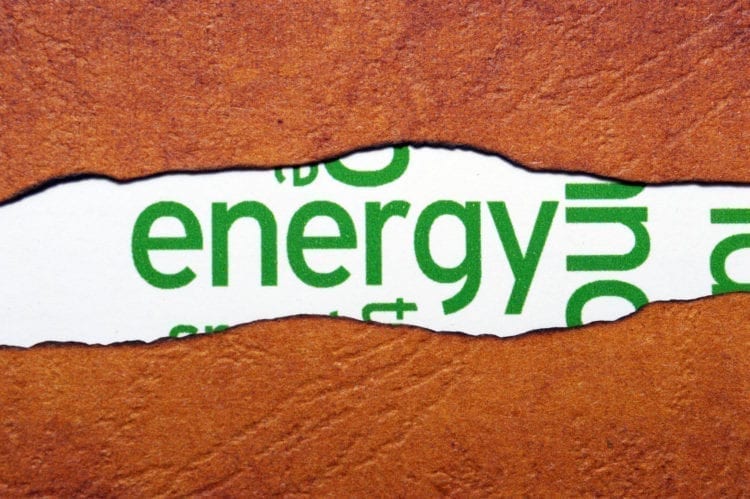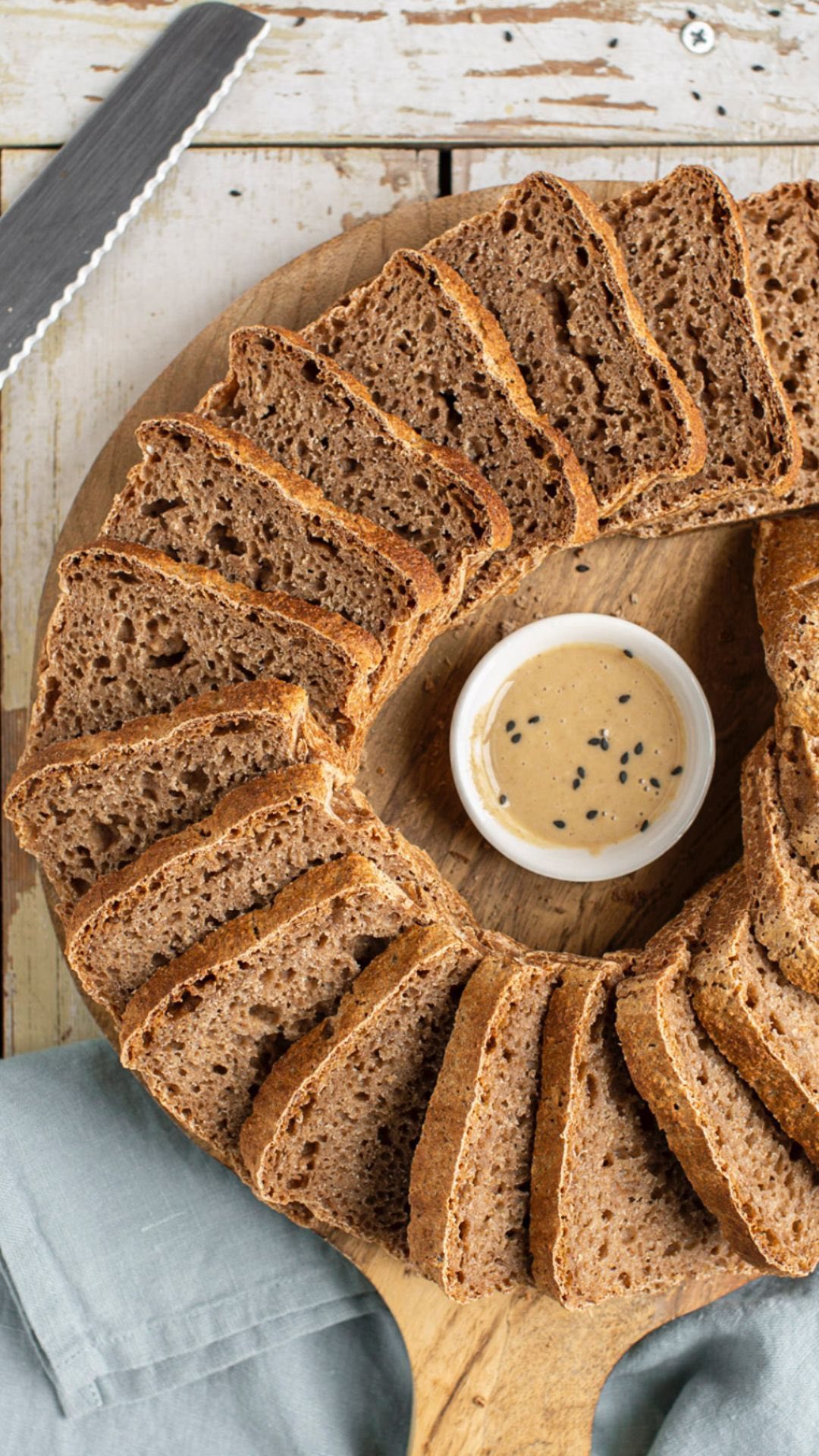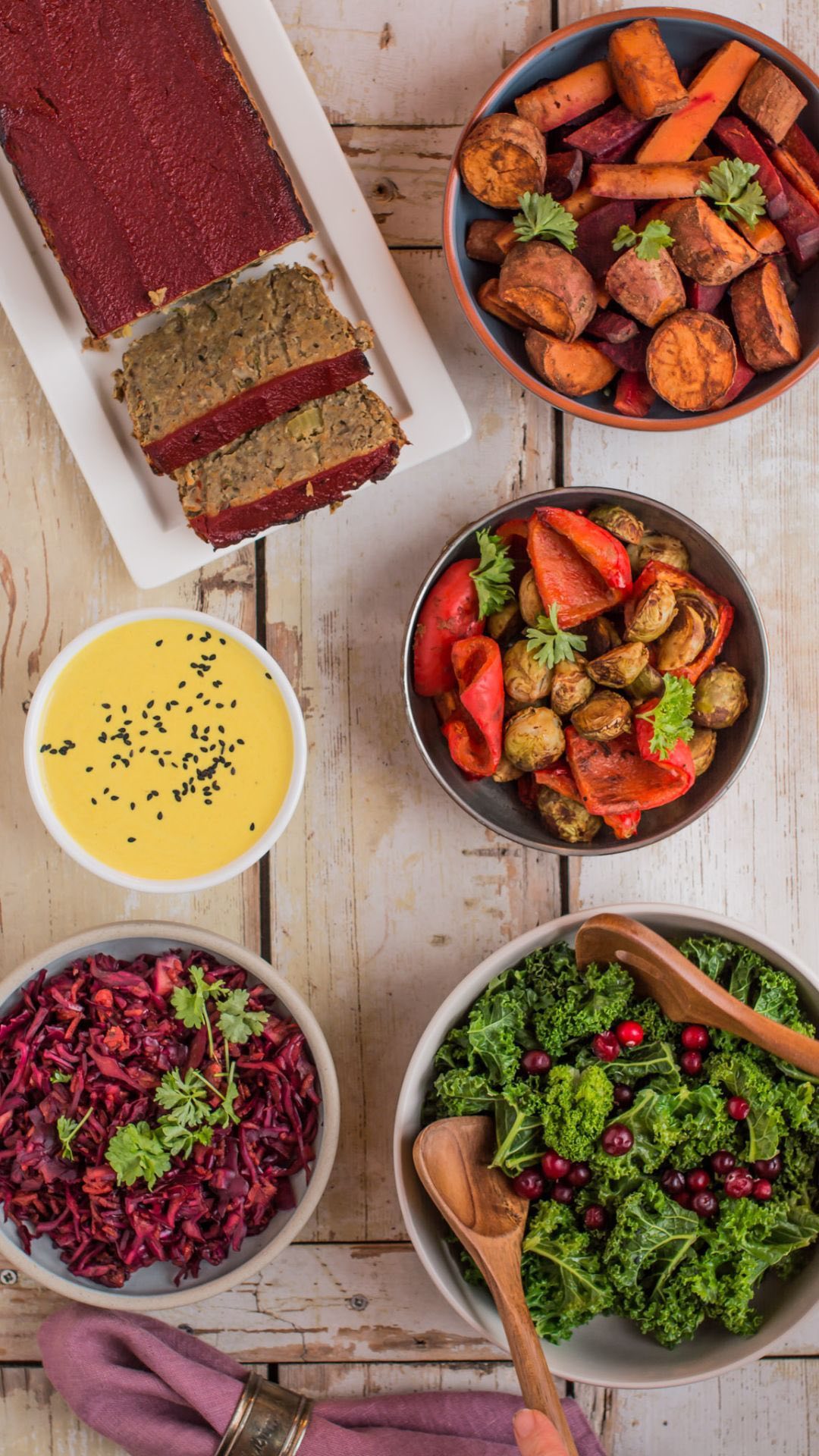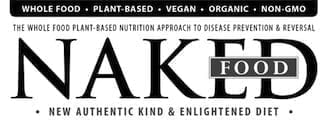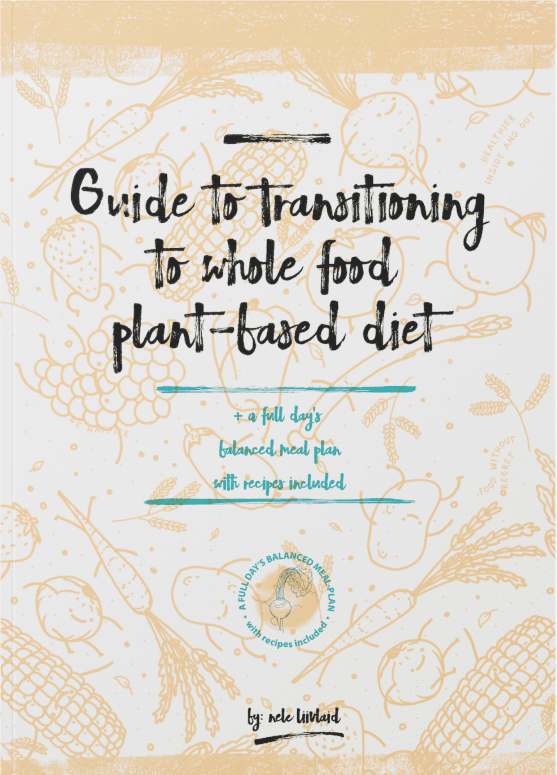Blasting the heat in the summer was already a huge energy sucker, but so is cooking on the stovetop! (I know, right?! who’d have thought.) Thinking about how much cooking goes on in the house each day really opens one’s eyes to just how much of an energy waster cooking really is. There isn’t really much any of us can do to stop all that heat from escaping from the stovetop, but there are a few small tweaks that can be made to cut down of some energy costs while still providing your home with healthy foods.
Cook with leftovers in mind. Now, of course this isn’t always going to be possible, but putting meals together ahead of time can save a lot of time and energy. Cooking a large batch of food all at once will use a little bit more energy during the process. However, it would take a lot more energy to cook the same foods 7 times over for each night of the week. We suggest cooking a couple of days in advance, this way the food won’t lose as much nutritional value after being cooked. Even heating food up for a few minutes in a small toaster-oven or microwave will use less energy than cooking on the stovetop.
In addition to saving energy, there are several foods that are healthy and keep well in the fridge (and may not even need to be re-heated). Try out some flavorful and vitamin rich grains instead of the same old pasta. Keep in mind that it takes a lot of heat and thus a lot of energy to heat up boiling water. So, when you are using water to boil some pasta, rice, or quinoa make sure to follow the exact measurements on your cooking instructions.
Buying Tip: There are some stove top tricks that can stop you from over-using electricity when it’s not needed. If your budget allows, try purchasing some higher quality cookware. Higher caliber pots and pans are usually made from a denser metal or ceramic which actually helps to hold in heat. This means that you can remove your food from heat before it is quite finished cooking and the cookware will do the rest.
Cooking Tip: If you are concerned about keeping your food warm try using a slow cooker or place a lid over your food with a sturdy towel over the lid of your pot of food instead of keeping it over the burner. Of course, make sure that your burner is off and keep the pot off of the heat for a couple of minutes before placing the towel on top of your lid just to make sure that any fire hazards are avoided. Slow cookers use much less energy to heat up food than a conventional oven. As a rule of thumb, less space to heat means less energy is being used.
Try some no heat “cooking”. Eating salads every day of the week is not fun, even for vegans and vegetarians. However, there are many foods that can be eaten raw in order to gain the full health benefits of the food as well as eliminate the need to cook your next course. Including items that do not need cooking like fresh veggies, fruit, and nuts in your food can give your dinner an added health bonus and remove the need for cooking. Just because the ingredients are raw does not mean the food is boring. Many foodies have adapted their lifestyle to include a healthier raw diet, which means good news for the rest of us who can check out their awesome raw recipes. No bake recipes, like this Cashew Pesto from the Guardian, can not only be frozen, but can also be used as a dip, pasta sauce, and pizza topping – that means at least 3 potential meal ideas throughout your week.
How do you keep it healthy and energy efficient in the summer months?
About author: Trisha Miller is a freelance writer from Boise, ID. She is a dedicated vegan that promotes an all around healthy lifestyle. You can check out her blog thatdangvegan.com and find her on twitter @thatdangvegan

